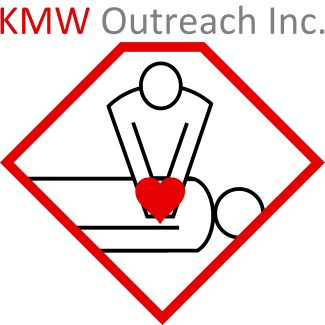In the hustle and bustle of the modern world, we often forget that our ancestors were masters of survival and finding ways to keep safe, facing the challenges of their time with resourcefulness and resilience. While we may not need to hunt for our dinner or build shelters from scratch, there is a lot to learn from their survival skills that can enhance our preparedness for unexpected situations in today's world. In this blog, we will explain ancient survival techniques and explore how adapting them can help us thrive in this day and age.
Fire-Making Skills
Fire has been a fundamental element of human survival since the beginning of human civilization. Our ancestors mastered the art of fire-making, which provided warmth, protection, and a means to cook food. In the modern world, knowing how to start a fire without matches or a lighter can be a valuable skill, especially in emergency situations or when camping. Learning to use fire starters like flint and steel, magnifying glasses, or even friction-based methods can prove invaluable.
Shelter Building
In the days of old, our ancestors had to construct shelters from the materials available in their environment. While we may not face the same life-or-death situations today, knowing how to build a shelter from natural resources can be a valuable skill for hikers, campers, or anyone stuck in adverse weather conditions. Learning to create a simple hut can provide critical protection from the elements.
Navigation by Natural Signs
Before GPS and smartphones, people navigated using natural signs such as the position of the sun, stars, and landmarks. In our technology-dependent world, these skills have faded away. However, understanding basic navigation techniques can be a lifesaver when technology falls short. Learning to read a map and compass, or simply identifying cardinal directions from the sun's movement, can help you find your way in unfamiliar territory.
Foraging and Wild Edibles
Our ancestors relied on foraging and hunting for sustenance. While we no longer need to hunt for our daily meals, the knowledge of wild edibles and foraging can be useful to us. Learning to identify and safely consume wild plants can provide a backup source of food in a survival situation. It is important to remember that proper identification and preparation are crucial to avoid toxic plants.
Water Procurement
Access to clean water is vital for survival, and our ancestors were experts at sourcing and purifying it. In the modern world, we often take clean water for granted, but situations like natural disasters or outdoor adventures can change that. Learning how to find, purify, and store water safely is an essential skill for when modern infrastructure fails.
First Aid and Medicinal Plants
Ancient civilizations had a wealth of knowledge about the healing properties of plants. While modern medicine has advanced significantly, knowing basic first aid and the use of medicinal plants can be vital when medical help is not readily available. Learning to identify and use plants for wound care or pain relief can make a huge difference in the case of an emergency.
Adaptability and Resilience
Arguably the most crucial survival skill our ancestors possessed was adaptability and resilience. They faced an ever-changing world and learned to adapt to new environments, challenges, and circumstances. In the modern world, this skill is still relevant. Being adaptable and resilient means staying calm in crisis situations, making informed decisions, and having a positive mindset to overcome challenges.
Conclusion
The survival skills of our ancestors may seem outdated in today's technologically advanced world, but they contain valuable lessons that can enhance our preparedness for unexpected situations. From fire-making and shelter building to navigation and foraging, these skills can empower us to thrive. Finally, the adaptability and resilience our ancestors demonstrated remind us that, even in the face of modern challenges, we can draw strength from their enduring wisdom. By incorporating these ancient survival techniques into our lives, we can be better prepared for whatever the future may hold.
To learn more about health and safety, feel free to check out our website with our different first aid/health and safety courses to learn how to be better prepared during emergencies to better take care of yourself and others.






